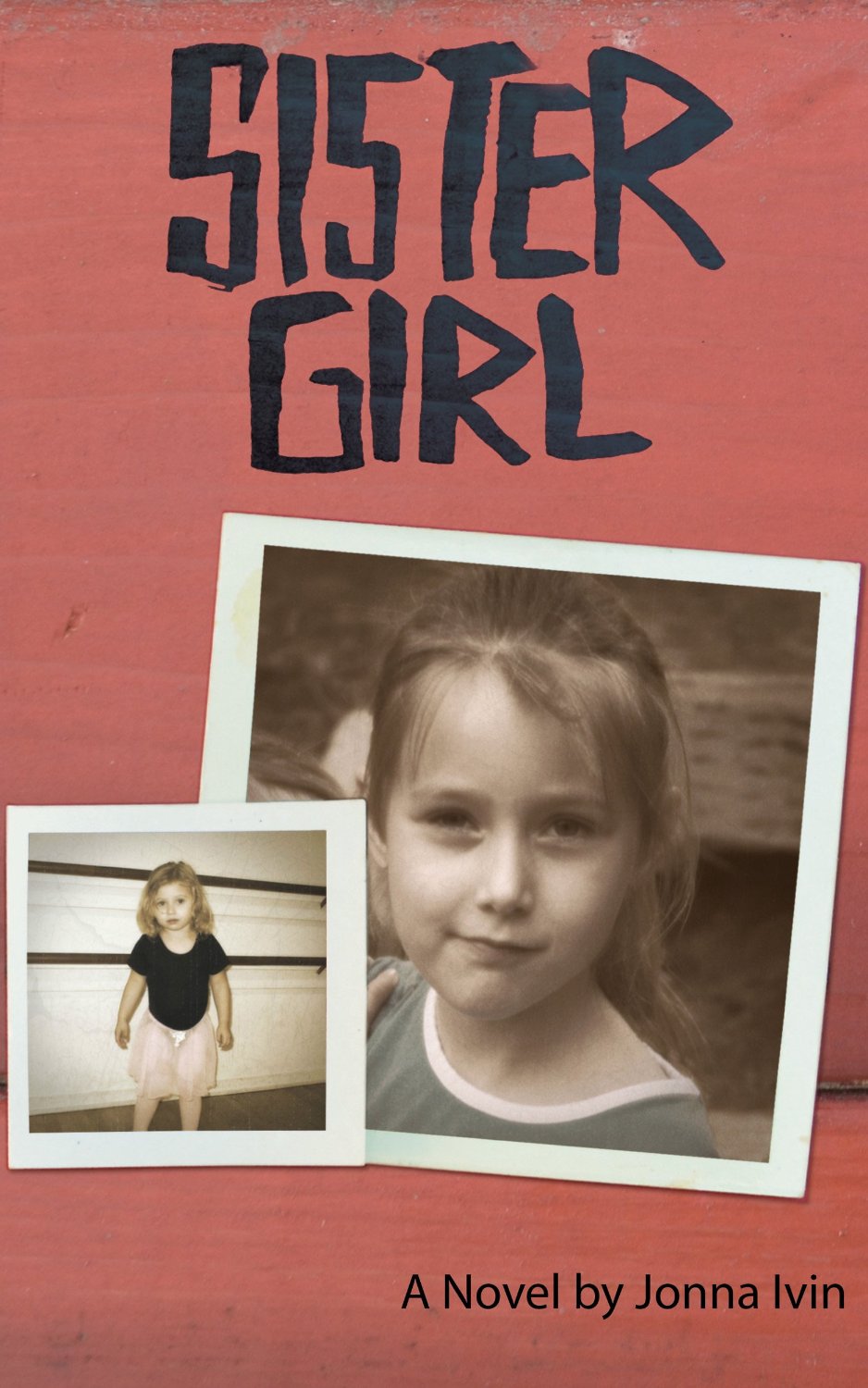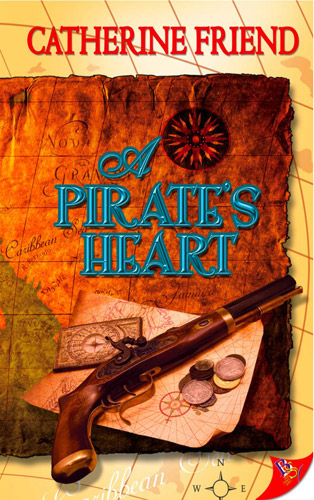This novel follows the life of a girl named Tess, who is four at the time the story begins. Her family is just taking home her new baby sister, Grace, which changes her single-child world immensely. Through the viewpoint of Tess we see her dysfunctional parents as they argue and bicker their way through several years of parenthood, until the inevitable divorce happens and the girls’ father leaves them. After that, Mama raises the girls on her own, struggling to make a life as a single parent, and Tess has to grow up quickly to take care of her little sister Grace as their Mama works all the time. Along the way, Tess realizes she hates skirts and hates the pressure of being a girl when it’s much more comfortable and fun to act like a boy. The book follows the tumultuous, often crazy lives of this strange little family until Tess graduates from high school, joins the army, and comes out as gay.
This reads as a barely-veiled story of the author’s own childhood, which I believe it is from the author’s blurb – the author was the younger sister, Grace. Which fact has two sides: on the good side, it gives this story a specificity and realism that makes it very interesting. And it is an interesting book, despite its flaws.
On the bad side however, this book has a tendency to ramble. And ramble. There’s no real plot, just the (sometimes uneven) progression of Tess from young child to young adult, and the growth and changes of her family around her. If that’s something that you enjoy, then you’ll probably enjoy this book. If, however, you need a plot and a proper narrative, this might not be the book for you. While I’ve included most of the major events of the book in the review, I wouldn’t count them as spoilers because nothing is really a surprise.
Tess’ dislike of ‘feminine’ things is represented in an increasingly heavy-handed manner, and the inevitable realization that she’s gay at eighteen comes across as slightly unbelievable. What makes it fall so flat is the fact that Tess has never, apparently, encountered any mention of homosexuality before, or never thought about it, despite the fact she kissed a girl at twelve and is very vocal about her disdain for men and her love for doing boy’s activities. Only when she begins a relationship with a woman at eighteen does she suddenly realize that she’s gay, which strikes me as…overly simplistic. Though the book follows the viewpoint of Tess in the third person, it reads as though the author had no proper insight into Tess’ thoughts and emotions.
Now, I grew up in a small town in the Midwest where being gay is not presented as an option, and despite this, I had my doubts about myself while I was growing up – and while it took me until I was twenty for the penny to finally drop, this was not a sudden realization, but one built upon over a period years. I find it hard to believe that a girl growing up in the ’70’s, raised by a liberal, progressive mother would never even think about the possibility of being gay.
The quality of the writing is reasonably strong, though there were several typos and a plethora of you’re/your errors, which seem like basic mistakes that should have been fixed before publishing. This is my biggest pet peeve. If a book is going to be self-published, it’s already going to have to fight a difficult battle to gain attention and readers. Send your book out into the world with the best editing possible. Get your friends to read it. Pay for a professional editor! If you care enough about a story to write it and publish it, care enough about it to make sure your grammar is correct.
Despite these criticisms, Ivin has produced an interesting, relatively realistic portrait of a girl and her family growing up together. Overall, if you really enjoy the topic matter then you will find merit in this book. If not, you may want to give it a miss.




Widdershins says
I guess the author never heard of the ‘find/replace’ option. … which is a shame because even if I was tempted by the story, they’ve lost me right there.